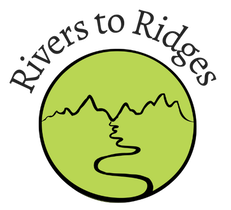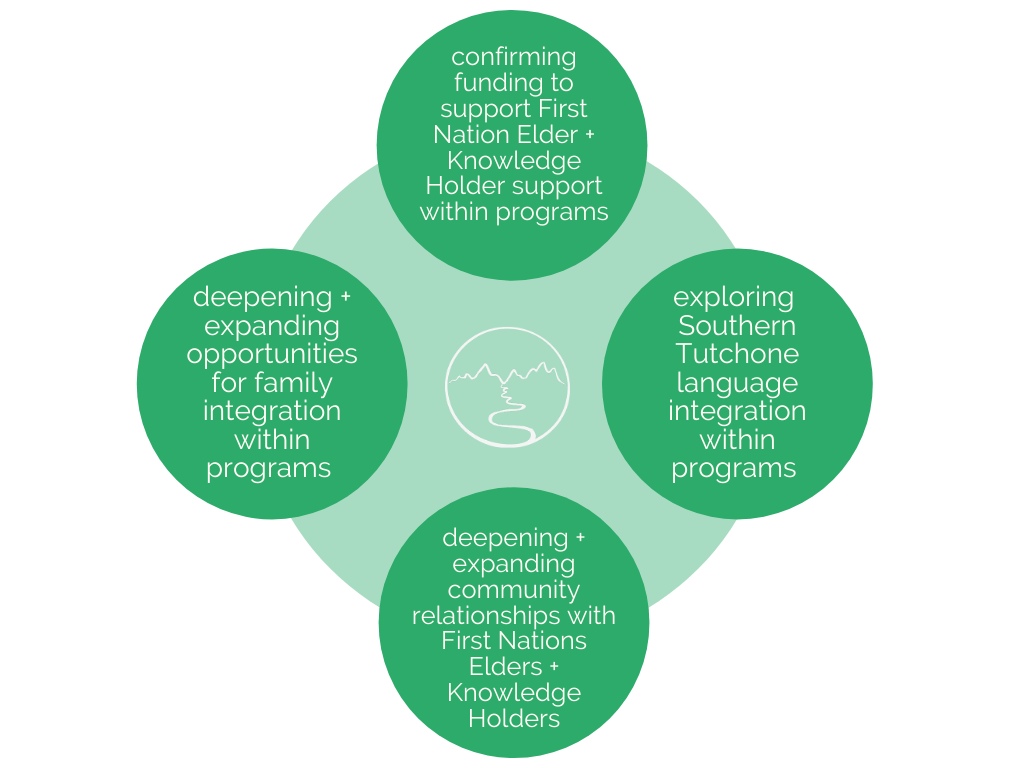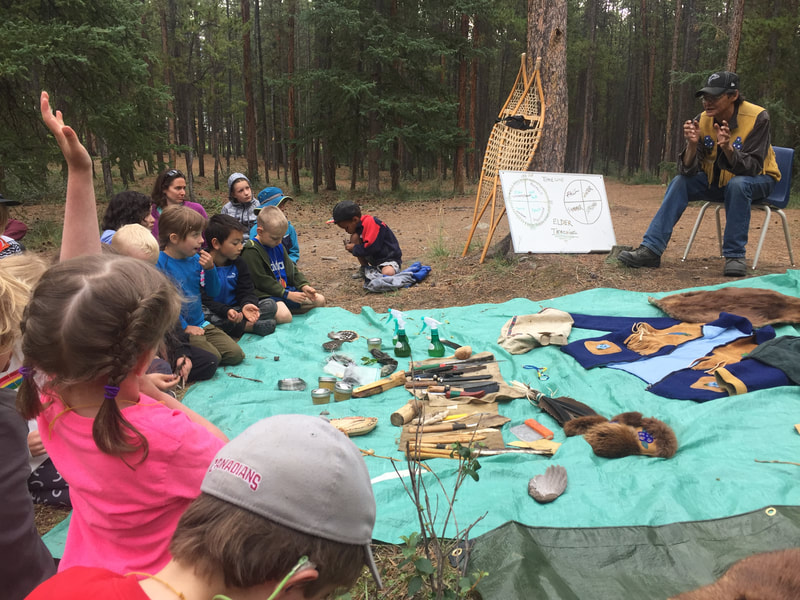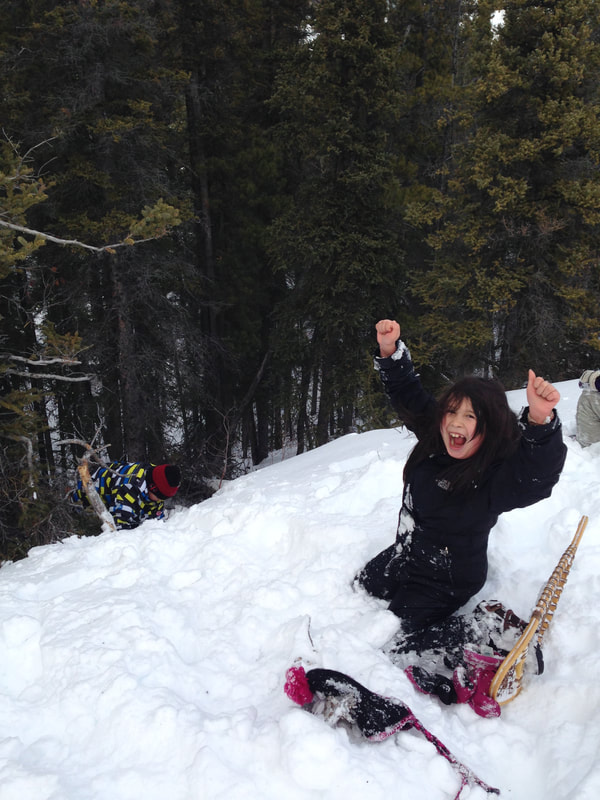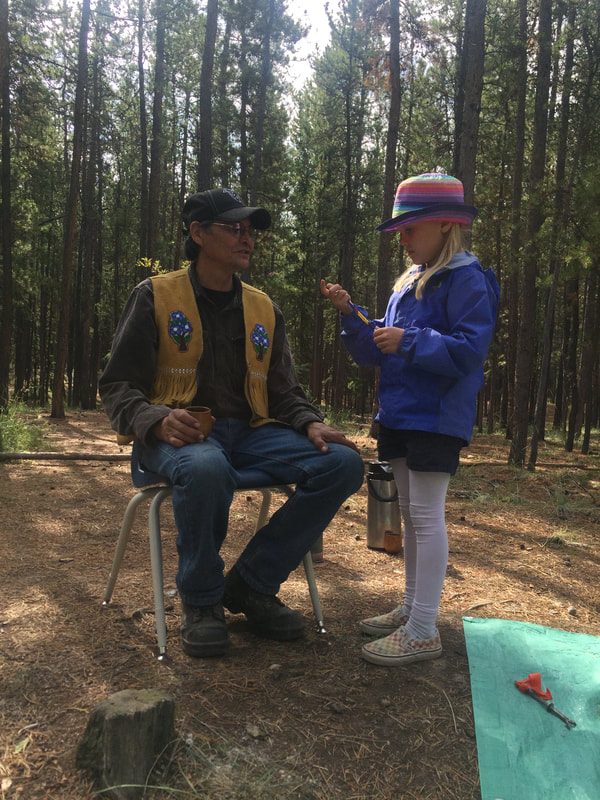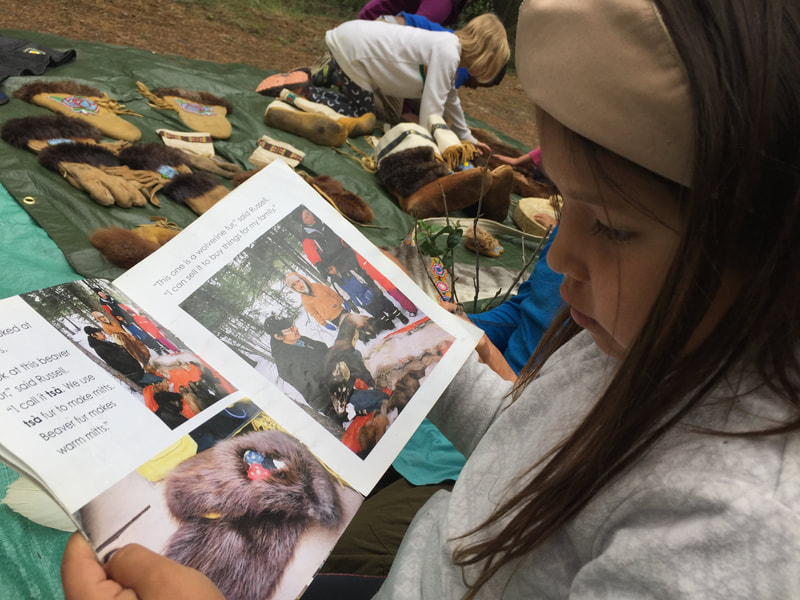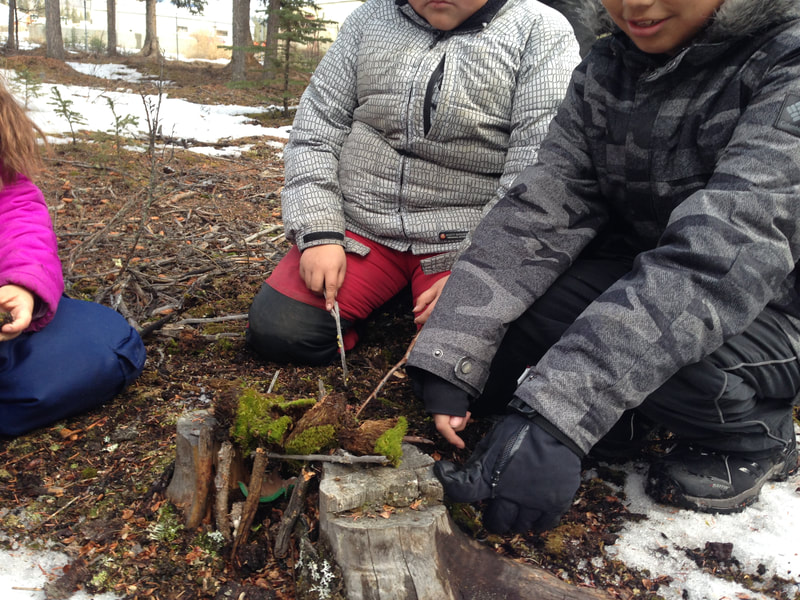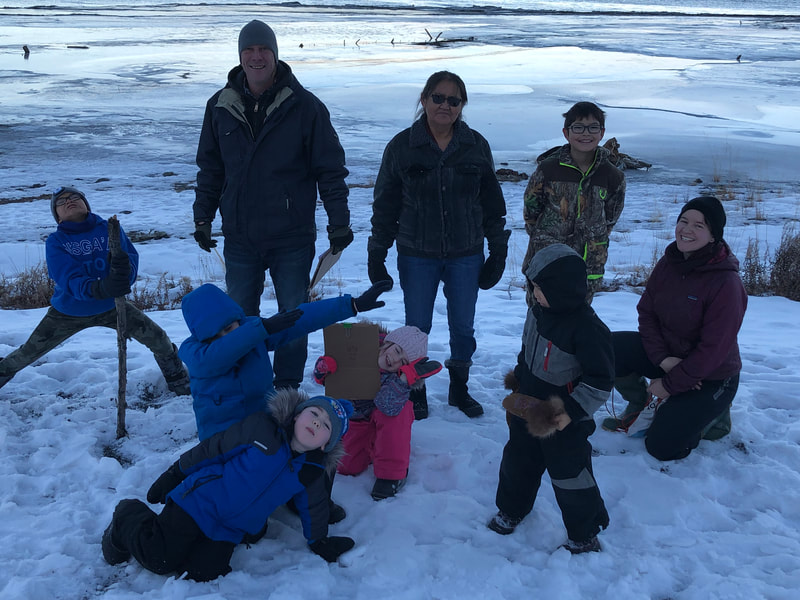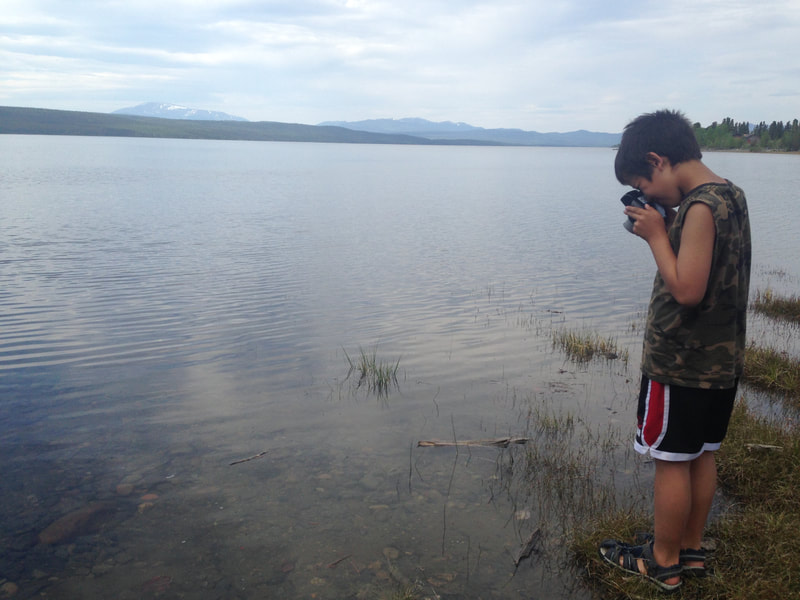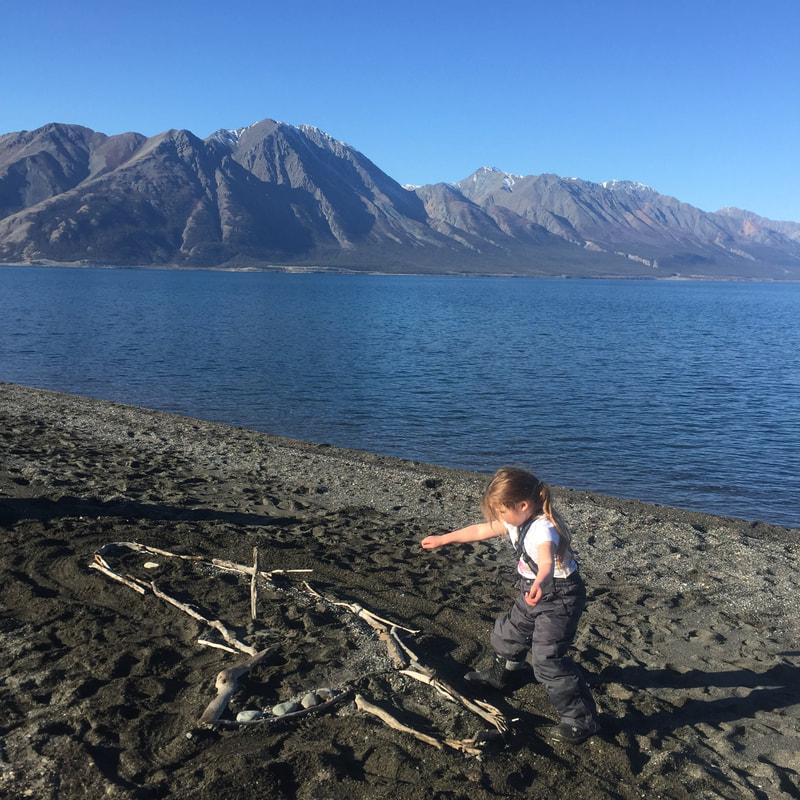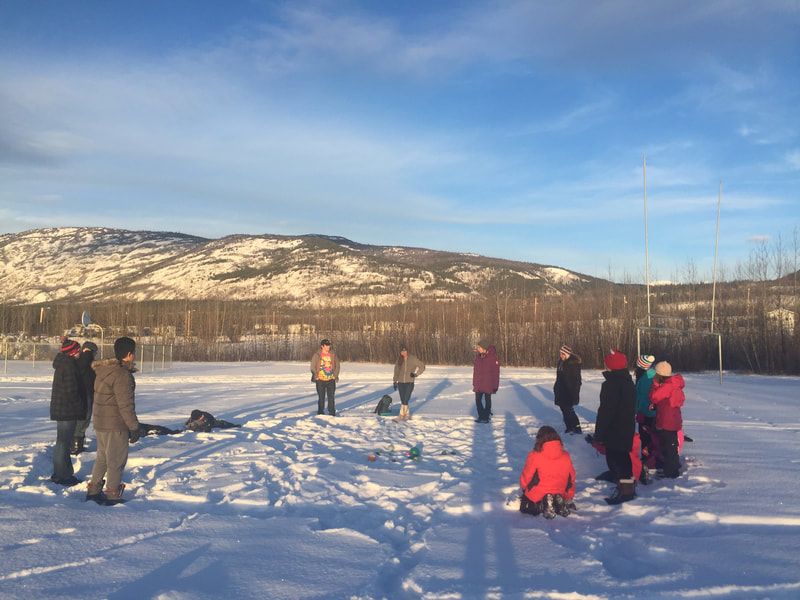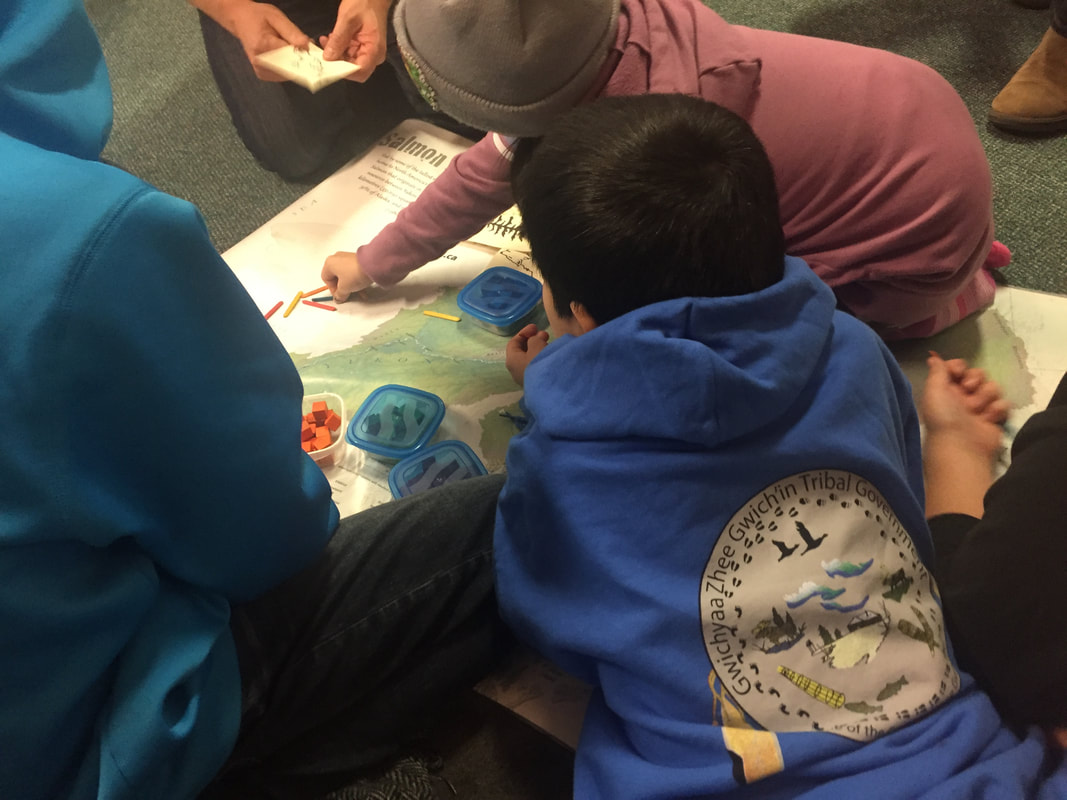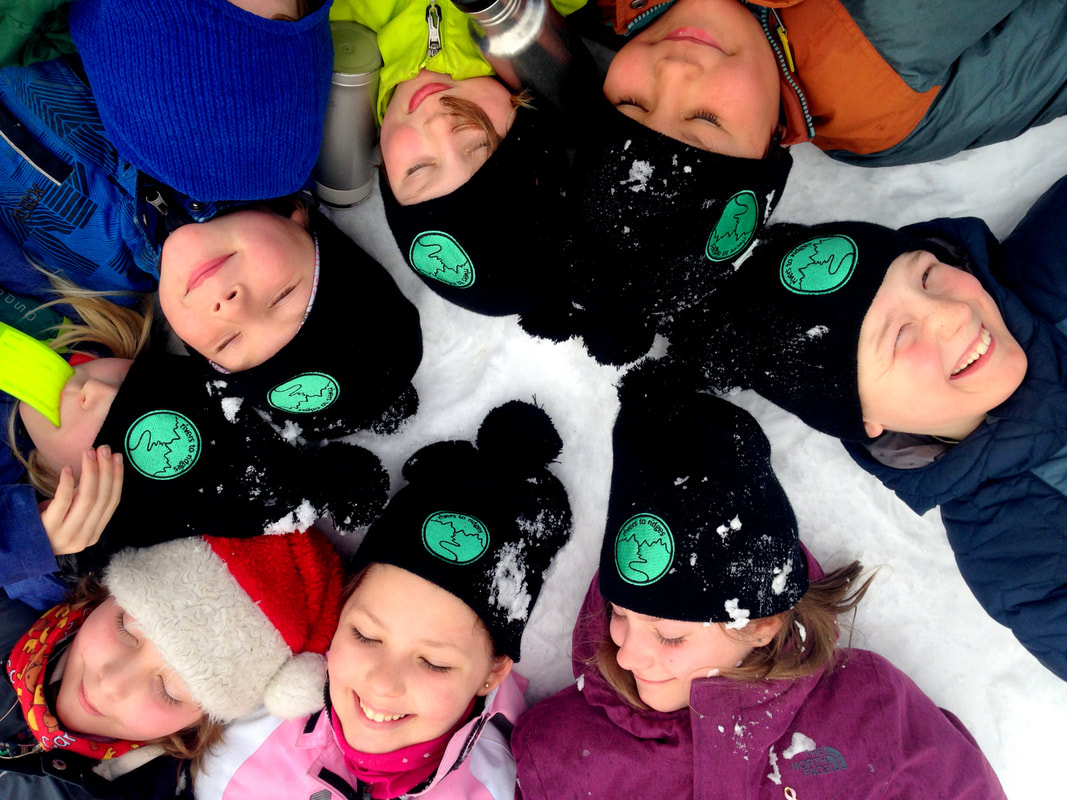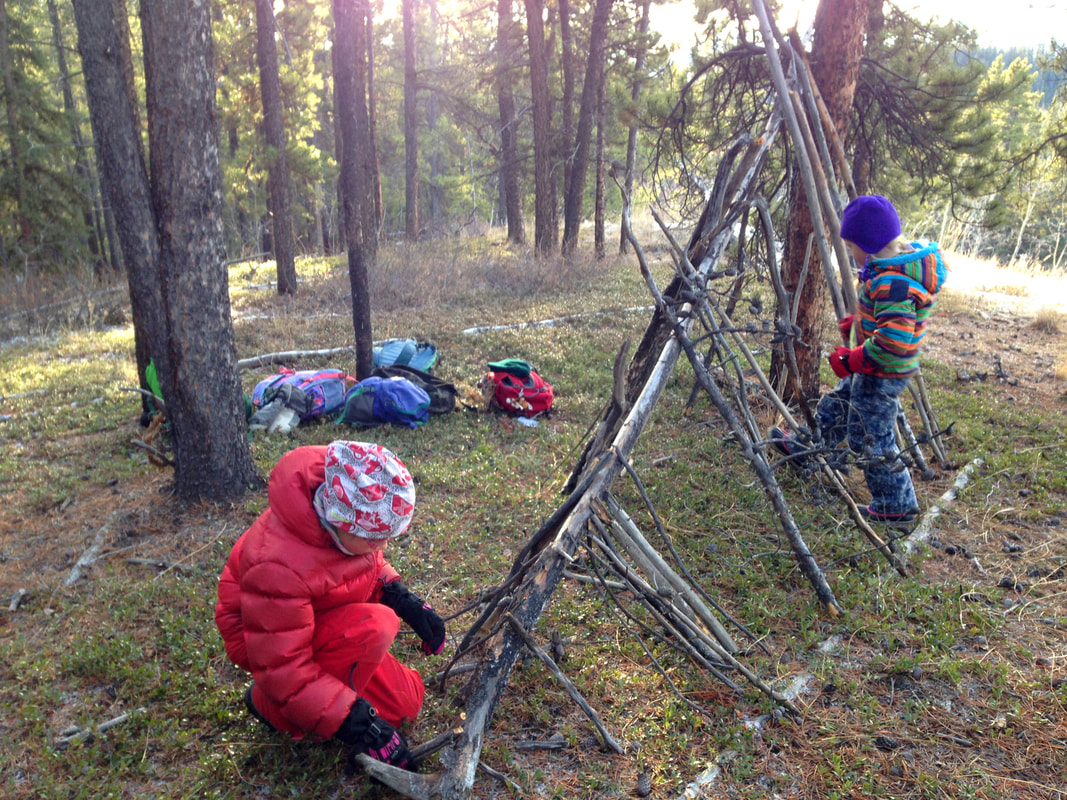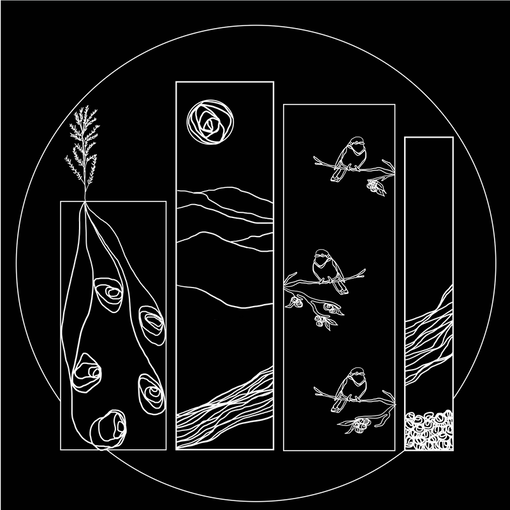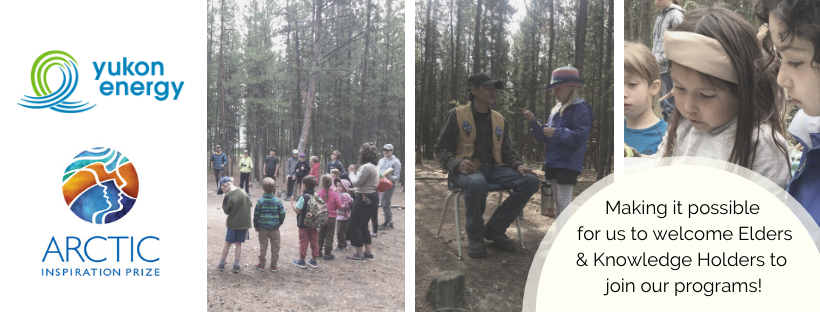Shrõ kwàthän ni i
(pronounced: shrow kruthan nee eee)
"It's good to see you" in Southern Tutchone
Our Reconciliation Goals
Our Role
Rivers to Ridges is an outdoor and land-based education organization that primarily provides related programs and services to citizens of the Yukon and beyond. As settlers on this land, we acknowledge that there are an incredible amount of people who have been delivering and supporting land-based learning in the Yukon for many, many years. Personally and professionally, we aim to listen to, learn from, and support the work of Indigenous Knowledge Holders, Elders, governments, youth and organizations on this land.
Our organization's mission is to support and empower a diverse range of Northerners to spend more time connecting meaningfully with the land, and developing a deeper sense of empathy, awareness and community. We believe that the goal of reconciliation must infuse every aspect of our operations. To further the goal of reconciliation at The Nest Forest School, Rivers to Ridges has established a Reconciliation Action Plan.
Note: Rivers to Ridges has selected a number of the TRC's Calls to Action which relate to the work currently been done by the organization (educational programs for children and youth, curriculum design, training and program support, etc.). While many of these goals specifically call on governments and large institutions, we believe even organizations with a smaller sphere of influence have a responsibility to answer the Calls to Action to the best of their ability.
Honouring the Truth, Reconciling for the Future: Summary of the Final Report of the Truth and Reconciliation Commission of Canada
“Reconciliation begins with each and every one of us.”
- Honouring the Truth, Reconciling for the Future, p. 185
"Before reconciliation, there has to be truth."
- Ecko Aleck (Sacred Matriarch)
Reconciliation in Education
In 2009, the Truth and Reconciliation Commission (TRC) was established and mandated to record and address the legacy of Indian residential schools and advance reconciliation in Canada. It published its final report on December 15, 2015.
The education and early childcare professions are addressed specifically in a number of the Legacy Calls to Action. The actions call on governments and educational institutions to ensure that educators understand Aboriginal people and the law, including the history and legacy of residential schools, the UN Declaration on the Rights of Indigenous Peoples, Treaties and Aboriginal rights, Indigenous law, and Aboriginal–Crown relations. They also call for educators to be trained in intercultural competency, conflict resolution, human rights, and antiracism. These calls to action were created because of deficiencies noted by the TRC in the education and early childhood profession’s understanding and competency in representing individuals, communities, the government and the private sector when dealing with Aboriginal related issues.
The TRC Report states that reconciliation between Aboriginal and non-Aboriginal people must inform every aspect of our relationship with each other, and that it requires transformative action on the part of all Canadians.
Reconciliation in Canada
"Aboriginal children and youth, searching for their own identities and places of belonging, need to know and take pride in their Indigenous roots.
They need to know the answers to some very basic questions. Who are my people? What is our history? How are we unique? Where do I belong? Where is my homeland? What is my language and how does it connect me to my nation’s spiritual beliefs, cultural practices, and ways of being in the world?
They also need to know why things are the way they are today. That requires an understanding of the history of colonization, including the residential school system and how it has affected their families, communities, their people, and themselves.”
- Honouring the Truth, Reconciling for the Future, p. 185
Resources for Reconciliation
For Educators + Families
For Yukoners
For Children
- National Centre for Truth and Reconciliation
- Truth and Reconciliation Commission of Canada: Calls to Action
- Honouring the Truth, Reconciling for the Future: Summary of the Final Report of the Truth and Reconciliation Commission of Canada
- CBC: Vancouver daycare teaches toddlers about Indian residential schools
- National Centre for Truth and Reconciliation - Teacher Resources
- Historic Treaties and Treaty First Nations in Canada Infographic
- Indigenous Community Engagement in Climate Research Keynote with Dr. Stephanie Russo Carroll
- Reconciliation Education
- Indigenous Cultural Safety Collaborative Learning Series
- EdCan Network
- Reconciliation in Child Welfare: Touchstones of Hope for Indigenous Children, Youth, and Families
For Yukoners
- Yukon Native Language Teaching Centre
- Yukon Residential Schools Bibliography
- Together Today for Our Children Tomorrow
- First Nations Programs & Partnerships
- Yukon Residential Schools (slideshow)
For Children
Rivers to Ridges is grateful to wear and share artwork designed by Lianne Marie Leda Charlie. Lianne is a descendant of the Tagé Cho Hudän (Big River People), Northern Tutchone speaking people of the Yukon. She is the granddaughter of Leda Jimmy of Little Salmon River and Big Salmon Charlie of Big Salmon River on her dad’s side and Donna Olsen of Denmark and Benedict Larusson of Iceland on her mother’s side. She was born in Whitehorse, Yukon to her mother, Luanna Larusson, and late father, Peter Charlie.
Lianne is a mother, artist, and a faculty member in the Indigenous Governance Degree Program at Yukon University in Whitehorse, Yukon. She is a PhD Candidate in Indigenous Politics at the University of Hawai`i at Mānoa.
You can find some of her artwork on Instagram.
Lianne is a mother, artist, and a faculty member in the Indigenous Governance Degree Program at Yukon University in Whitehorse, Yukon. She is a PhD Candidate in Indigenous Politics at the University of Hawai`i at Mānoa.
You can find some of her artwork on Instagram.
